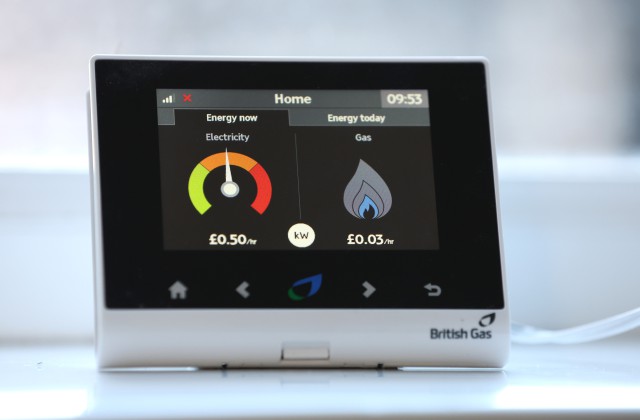Millions of households in the UK are set to face an increase of almost £100 per year on their energy bills starting from January 1, 2024. The new Ofgem price cap will result in an average household paying an extra £94 annually, bringing the total price cap to £1,928. This increase will affect both electricity and gas rates, with the unit price of electricity rising from 27.35p per kWh to 28.62p per kWh, and gas rates increasing from 6.89p per kWh to 7.42p per kWh.
What Does the Price Cap Mean?
The price cap implemented by Ofgem places a limit on the amount energy providers can charge customers per unit of energy. While the average household is expected to pay £1,928 per year, the actual amount may vary depending on individual usage. Additionally, the unit rates and standing charges may differ based on the supplier, location, and payment method.
Proposed Price Cap Adjustments
Ofgem has proposed further increases to the price cap from April 1, 2025, to address the issue of debt among energy customers. The regulator plans to recover a debt of nearly £3 billion from struggling customers and distribute it among all UK households. However, the specific price cap for this period has not yet been determined.
Taking Action to Manage Energy Bills
To save money on energy bills, consumers are encouraged to reduce their energy usage. This can be done through various means, such as investing in energy-efficient appliances or using items like draught excluders and heated throws. Additionally, eligible individuals may be able to receive financial assistance through the Household Support Fund (HSF), which offers help to those on benefits or low incomes. Local authorities distribute the fund, so it's important to contact the relevant council for more information.
Furthermore, some energy companies are incentivizing customers to reduce their energy consumption through the Demand Flexibility Service (DFS). This service encourages households to lower their energy usage during peak demand periods. Interested individuals should reach out to their energy provider to learn more about participating in the scheme.








